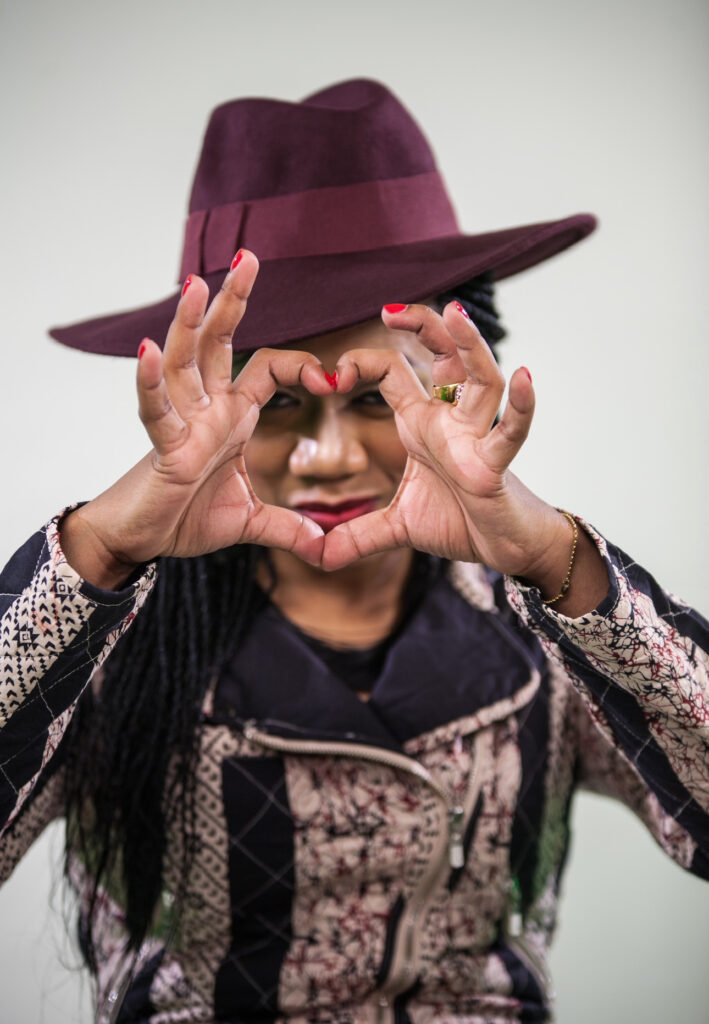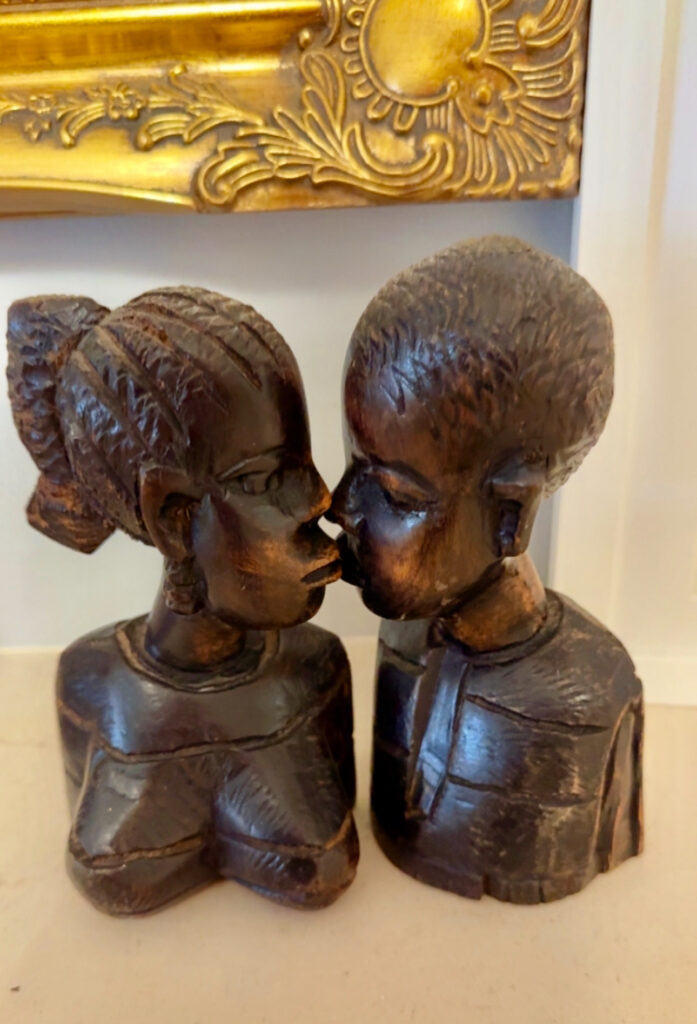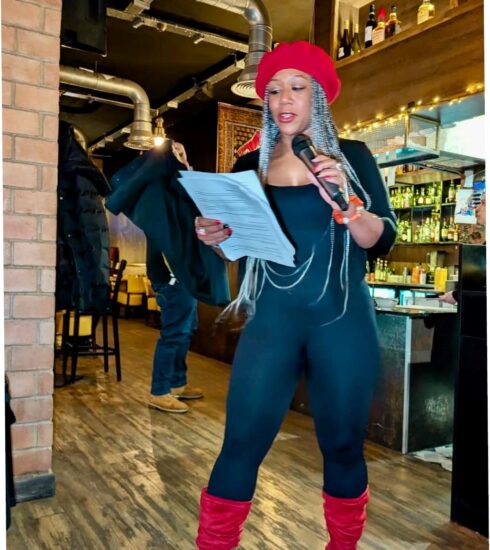Untold Truths: The Mistress’s Confession
This is the side of the story that rarely gets told.
When people speak of affairs, the wife is cast as the victim, the husband as the villain. The mistress? She is the convenient scapegoat — shameless, selfish, a homewrecker. End of story. But real life is never so clean.
For her, it started from nowhere. A chance encounter, a conversation that should have remained harmless. She was not looking. She prided herself on being principled, a woman of moral standing, the kind who rolled her eyes at gossip. And yet, when it happened, she fell.
She gave him her love, and he accepted. Encouraged, she gave him more. That was the beginning of the complexity. Because technically, he did not have the love to reciprocate. Neither did he have the capacity to fully accept hers. He was married. Bound. Unavailable in every sense that mattered. And yet he took what was offered, anyway.

And she knew. She knew he could never be hers. She knew the rules of the game before she agreed to play. But perhaps she hoped. Perhaps the way he held her, the way he confessed his emptiness, felt too real to be anything but true love.
But was it true love? True love does not come with terms and conditions, does it? True love does not require lies or shadows. True love does not leave someone always waiting.
So, was this love — or weakness? Moral weakness?
She judged herself long before others could. Every time she left his side, she wondered if she was foolish, reckless, destructive. Yet she also wondered if there was room for grace. Affairs are universally condemned, but is there no room to admit that sometimes these things are circumstantial? That sometimes, they begin not with malice but with loneliness, with unmet needs, with timing that goes terribly wrong?
Are there no situations where it can be understood — or even, dare we whisper it, where it has worked out? Or is it always a general “no, crucify her”?
And what of him? What is his own problem?
This is where last week’s truth lingers. He was a man who gave his wife everything but his heart. Outwardly a provider, inwardly a prisoner of silence. His wife begged not for money or status but for love, and he looked away. Yet with his mistress, he found the tenderness he claimed he could not give.
But let’s be honest, too. Sometimes there are exceptions — complicated, circumstantial, tangled in loneliness and unmet needs. But sometimes the recklessness is intentional. Sometimes it is just sin — the kind both man and mistress enjoy without excuse, without justification, simply because it feels good in the moment. For no reason. It just is.
To some, she is selfish. To others, he is the villain. The truth? They both are. And they both are victims. He, of a stoic upbringing and cultural silence around male vulnerability. She, of a heart that believed what she should have resisted.
It is too easy to cast her only as shameless. Because she loved him, she gave him more. And though she knew he could never fully love her back, she accepted scraps in place of substance. To the world, that makes her desperate. To herself, it made her human.

The tragedy is not simply in her role as mistress. It is in the fact that their love felt real, yet could never be whole. They lived suspended between selfish desire and impossible longing, both complicit, both broken.
So here lies the untold truth: not all mistresses are villains, not all husbands are monsters, not all wives are saints. Love is not always neat, moral, or fair. Sometimes it is messy, circumstantial, and painfully human. And sometimes, it is reckless, indulgent, and nothing more than a sin enjoyed by two people who should know better.
And perhaps this is the #Unshakable lesson: judgment is easy, but compassion is harder. To sit in the discomfort of their story is to acknowledge that life does not always fit into categories of good and bad. Sometimes, everyone carries both. Sometimes, love exists in places it should not — and yet it still exists.
‘See’ you next week.

IG Handle: @unshakable.is.a.state.of.mind






